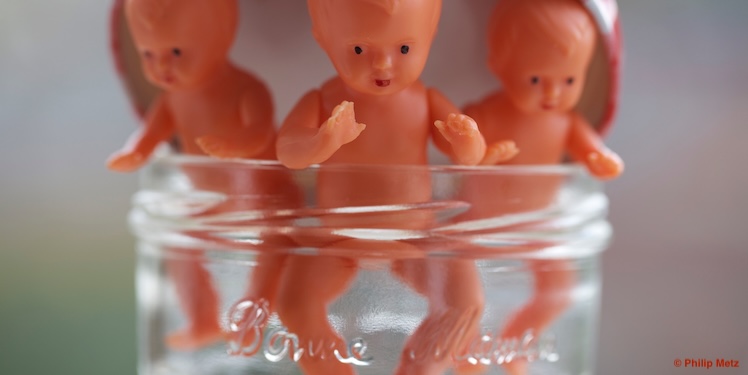There are ideals, and there is the residue. They are not of the same order. Family ideals organise an entire field where the child is structured, while simultaneously distancing from these ideals by not fulfilling them. The residue, on the other hand, is the remainder—the fragment of the real from the games of jouissance, family jouissance on occasion, in which it is caught as an object, and it is also what it is, the place that the object a occupies for itself.
“The function of residue that the conjugal family supports […] in the evolution of societies highlights the irreducibility of a form of transmission […] one that has a subjective constitution, implying a relationship to a desire that is not anonymous,” writes Lacan in his Note on the Child [1].
In an excerpt from one of his lectures presented in last Wednesday’s podcast, Éric Laurent illustrates how, in the social field, the idealised child has, since the Enlightenment, come to cover-up what cannot be inscribed from the sexual relation. However, psychoanalysis shows that the child is taken as an object that plugs a lack. It misses out on the ideal constructed for it within the family context from which it originates and becomes the produced object— which goes beyond the family.
Karin Bautier wonders why analysands only speak about dad or mum. It’s an irreducible element from which she highlights the difficulty of articulating, on the basis of this discourse, the singularity of the analysand’s mode of jouissance—even how access to it may be blocked. Yet, it is precisely through this that there has been access to lalangue.
Dalia Virgilí Pino shows, through melancholy, the plight of a child being caught from the outset in the absence of a desire at the family level. One could add that even if there was a semblant of desire, it would still need to have been a desire that was not anonymous—that is, one that addressed the child in their particularity. Otherwise, forming new bonds remains difficult, if not impossible. The child remains an object, but it is the shadow of the object, as Freud puts it, that has covered its existence.
Roberto Pozzetti highlights how, nowadays, the parental couple has come to replace the conjugal couple when the latter dissolves. And yet, even where the family is undone, a bond remains through the presence of the child. Hence the importance of these parents finding a residual space for a discourse within what remains a family, however fractured it might be.
I hope you enjoy this issue as a prelude to the discoveries to be made at Pipol 12.
[1] Lacan, J., Note on the Child, Trans. R. Grigg. The Lacanian Review 4, 2018, p. 13
Translation: Polina Agapaki
Proofreading: Robyn Adler







